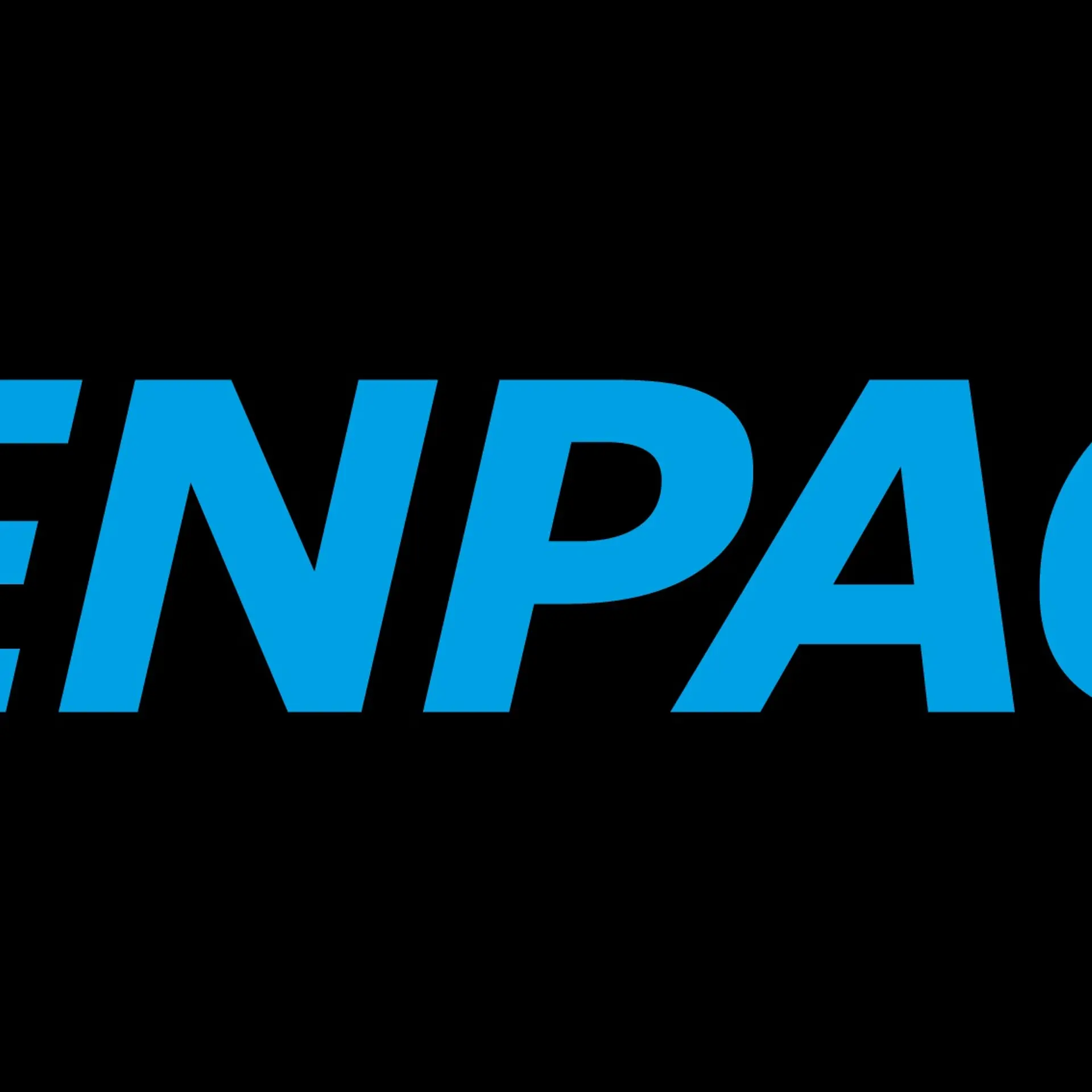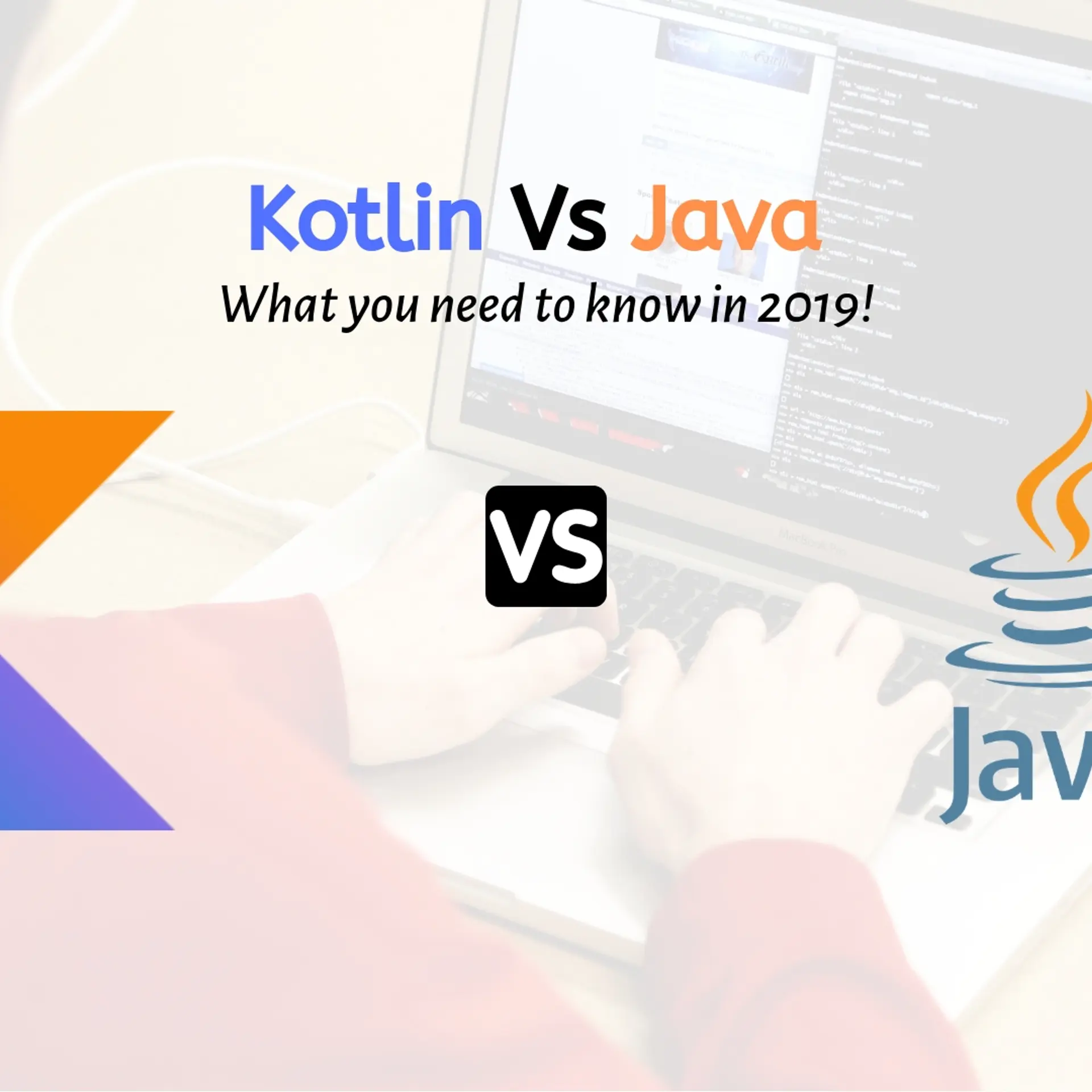

What Makes A Good Backlink?
Link/Advertising Value
Internet marketing should not end with search optimization. It’s a multi-channel, multifaceted approach. Establishing partnerships are important on- line and off. Search engine ranking, as one measure, is not affected by linking to established high-trafficked sites. But you do provide value to the user, so I recommend it.
Do this through a link exchange, in which you advertise a webmaster’s link on your site in exchange for its advertising your link on its site. Otherwise, you should consider purchasing advertising space from another website. However, big caveat here: Do not do this as a regular exercise. A good value exchange is based on trust and equal interest and understanding of trust. The old reciprocal link exchanges have been overused. Other options exist for visibility and traffic. The best resource you can use for finding link space for sale is through selfservice portals such as AdBrite.com (now sitescout.com).
Also, when you search for blogs (blogsearch.google.com), you’ll often see an empty 125-by-125 box with “Advertise here.” Simply contact the webmaster and negotiate a price. Demand detailed traffic reports, and make sure it’s relevant to your business. Negotiate terms. Do not just accept what they say
TRADE RULES - Keep in mind that while buying and selling links is not recommended by the search engines (Google in particular), you may buy and sell adver- tising space. Google recommends using a special tag (rel=nofollow) on the hyperlink to not unfairly inflate or pass PageRank.
Before you buy advertising space, however, make sure what you’re buying will earn you enough profit. This is where determining link value comes into play. If you’re using LinkVendor.com as your site analysis program, all you have to do is enter the URL of the website you want to advertise on, along with the currency in which you would like to see the value. If the resulting link value is high yet the price advertised is low, go ahead and purchase advertising space from that website. If the link value is low and the price is high, leave it alone. If the link value and price match, you can make the call. But remember: this is only a tool. Speaking directly to the webmaster or owner will have the biggest impact and will help with a go/no-go on an advertising ROI for you. The link value tool can also be handy for determining what you should charge for advertising space once your site is popular enough for you to offer this option.
Link Popularity
Link popularity refers to how many web pages link to your site. If you’re using the link popularity tool on LinkVendor.com, the tool will show how many links are linked to your site on the basis of the most popular search engines: Google, Bing, Yahoo!, Ask, and Alexa.
It will also list what is being used in your meta tags, your keywords as listed by Alexa, and your Alexa traffic rank. Alexa is a popular site that helps you determine the traffic of a particular website. However, I don’t use one specific site metric over another, and never use them as facts, only guides.
Domain Popularity
There’s a lot of controversy concerning link popularity, due to link farms and link spam. In response to this problem, Google checks domain popularity, which is how many sites link to your direct top-level domain name, rather than a specific page within your site. The thought behind domain popularity is that if your top-level URL (rather than a specific page), is linked to the webmaster’s interests in advertising your site are more genuine. However, the rules change often, so make sure to visit Google’s Webmaster Blog and Guidelines often.
Ahrefs.com domain popularity tool returns detailed information regarding your domain popularity. This information includes the number of sites yours serves as a backlink on, your page rank (discussed later in this post), and a number determining the effectiveness of your link, otherwise known as link strength. Next, the website returns a detailed list of all the sites that link to your domain name.
The site tells you the exact URLs of the websites, the web- sites’ IP addresses, and the page rank of each site. And even better, you can choose to view your results by listing the URL first, the page rank first, or the IP address first. The downside to this tool is that it can take a long time to list your results, especially if your site is established. The site even tells you that it can take up to 15 minutes to return results.
Unfortunately, there is no way around this. What makes it worthwhile is that it does return a lot of helpful information at no extra cost to you.
IP Domains
The IP domains tool shows the domains that link to your IP address. Knowing which sites also share your IP address can help you investigate if there are questionable websites that could potentially harm the reputation of your IP address.
Google has stated that this should not be a primary concern of a webmaster. However, my findings have seen that across multiple industries, top-ranking sites have “clean” IPs. If one webmaster spams, then everyone on the same IP address is negatively affected, even if they didn’t participate. This is why it’s best to get web hosts that use separate IP addresses for each of their clients.
Yet, if you can’t find one and/or you need the affordability of virtual hosting, the “Domains from IP” tool on LinkVendor.com can be of great assistance. If you are building out a professional network (blogs, for example), then you might want to try (more expensive) account setups with companies like SEOhosting.com.
Advanced hosting like the example below is not required, but is provided as an additional resource. But remember: unnatural and obvious “footprints” on the web can easily be spotted by Google. Any changes may not affect you immediately, but over time you may see less-and-less traffic coming in to your website(s), all due to your trying to game the system
.






